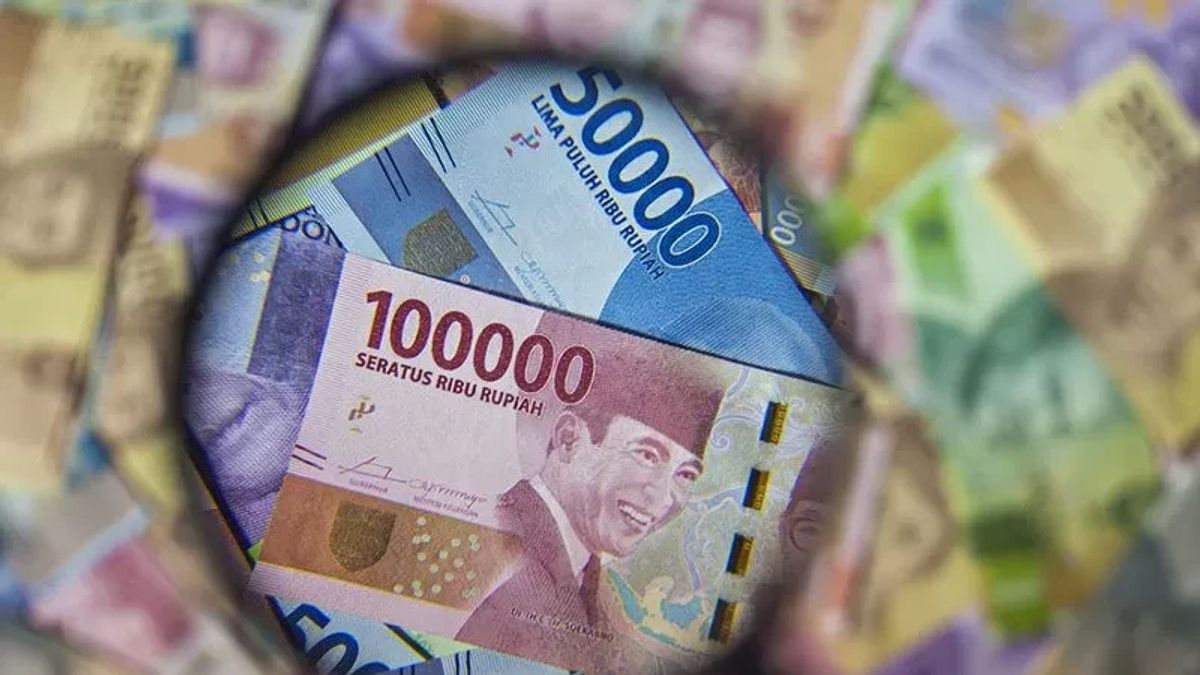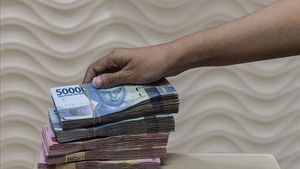JAKARTA - The Indonesian Employers' Association (Apindo) said the government must consider it like a policy to increase the Value Added Tax (VAT) rate from 11 percent to 12 percent which will be implemented from January 1, 2025.
Economic Policy Analyst of the Indonesian Employers' Association (Apindo) Ajib Hamdani assessed that the government must carefully consider policies to increase VAT rates, because there must be fiscal incentives that are relevant to people's purchasing power and the business sector so that it continues to run well.
"Consistent economic growth above 5 percent requires a pro-growth fiscal policy," he said in his statement, Monday, August 12.
Based on data from the National Socio-Economic Survey (Susenas) by Bank Mandiri, it shows that the middle class has decreased from 21.45 percent in 2019 to 17.44 percent in 2023.
Meanwhile, based on the Institute for Economic and Community Research (LPEM), the University of Indonesia also stated that 8.5 million Indonesians fell to a lower economic class in the 2018-2023 range.
On the other hand, based on macroeconomic data, it shows that Indonesia's Gross Domestic Product (GDP) is significantly more than 60 percent supported by household consumption.
Therefore, Agjib said that if the weakening of people's purchasing power continues to be burdened by counterproductive fiscal policies, the Prabowo Gibran government's target, which targets economic growth to be quite aggressive, will face obstacles.
Ajib hopes that the government can implement two policies, namely the first, to maintain people's purchasing power, the government can reduce the Non-Taxable Income Limit (PTKP).
Meanwhile, according to PMK Number 101 of 2016, the amount of PTKP is IDR 54 million per year, or equivalently with an income of IDR 4.5 million per month.
Ajib said that the government could increase, for example, PTKP by Rp. 100 million. This can encourage the purchasing power of the lower middle class.
SEE ALSO:
"In this class, every increase in ability will tend to be spent, so that money returns to the economy and the state gets income," he said.
Furthermore, the second policy is that the government focuses on allocating tax costs, with Government Borne VAT (DTP) for sectors that are the driving force for many economic carriages, for example the property sector or for sectors that support downstreaming the agriculture, fisheries and livestock sectors.
"However, quantitatively it must be calculated properly that this tax cost on the one hand still provides a private sector boost that can continue to run well, and on the other hand, state revenues must produce commensurate ones. So that fiscals can remain prudent," he explained.
The English, Chinese, Japanese, Arabic, and French versions are automatically generated by the AI. So there may still be inaccuracies in translating, please always see Indonesian as our main language. (system supported by DigitalSiber.id)















